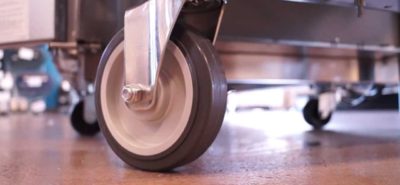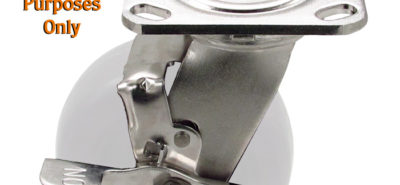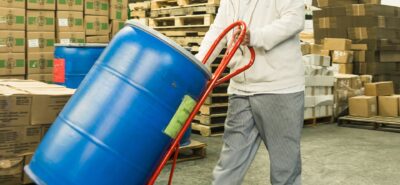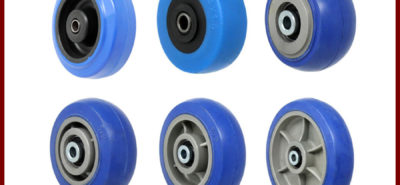Importance of NSF and RoHS Compliance in Stainless Steel Casters
Stainless steel casters play a crucial role in various industries, from healthcare facilities to foodservice establishments, manufacturing plants to laboratories. These wheels are trusted for their durability, corrosion resistance, and ability to withstand rigorous environments. However, when it comes to ensuring safety and environmental responsibility, compliance with standards like NSF (National Sanitation Foundation) and RoHS (Restriction of Hazardous Substances) is paramount. In this article post, we’ll explore why NSF and RoHS compliance is essential for stainless steel casters and how it benefits both businesses and the environment.
- NSF Compliance: Ensuring Sanitary Excellence
What is NSF Compliance?

NSF International is a renowned third-party organization that sets standards and conducts testing to ensure products meet strict criteria for safety and sanitation. NSF certification is essential for products that come into contact with food, water, and other consumables.
Why NSF Compliance Matters for Stainless Steel Casters
- Preventing Contamination: In environments like food processing plants and healthcare facilities, maintaining a hygienic environment is crucial. Stainless steel casters with NSF certification are designed to minimize the risk of contamination. They are easy to clean, resistant to corrosion, and don’t harbor harmful bacteria, making them ideal for use in sterile environments.
- Meeting Regulatory Requirements: Many industries are subject to stringent regulations, particularly in terms of food safety and hygiene. Using NSF-compliant casters helps businesses meet these requirements, avoiding potential fines or legal issues.
- Enhancing Reputation: Displaying NSF-certified casters demonstrates a commitment to safety and quality, which can enhance a company’s reputation and build trust with customers and clients.
- RoHS Compliance: Protecting the Environment
What is RoHS Compliance?
RoHS is a European Union directive aimed at reducing the use of hazardous substances in electronic and electrical equipment. While primarily targeted at electronics, its principles can apply to other industries as well.
Why RoHS Compliance Matters for Stainless Steel Casters
- Environmental Responsibility: Stainless steel is known for its eco-friendly properties, as it is highly recyclable and has a long lifespan. RoHS compliance ensures that the manufacturing process of stainless steel casters adheres to strict guidelines that minimize the use of harmful substances.
- Health and Safety: RoHS compliance is not just about environmental responsibility; it also considers the health and safety of workers and end-users. By restricting the use of hazardous materials in the production of casters, businesses contribute to safer workplaces and products.
- Global Market Access: Many countries have adopted RoHS-like regulations or are considering doing so. By producing RoHS-compliant stainless steel casters, manufacturers ensure that their products can be sold in a broader global market.
Conclusion

NSF and RoHS compliance are essential factors to consider when choosing stainless steel casters for your business. NSF certification ensures sanitary excellence, making these casters ideal for industries where hygiene is paramount, such as food processing and healthcare. RoHS compliance, on the other hand, showcases a commitment to environmental responsibility and safety, benefiting both the planet and the individuals who use these casters.
Investing in NSF and RoHS-compliant stainless steel casters not only meets regulatory requirements but also reflects a dedication to quality, safety, and sustainability. By making responsible choices in caster selection, businesses can enjoy the long-lasting benefits of enhanced reputation, reduced risks, and a positive impact on the environment.






